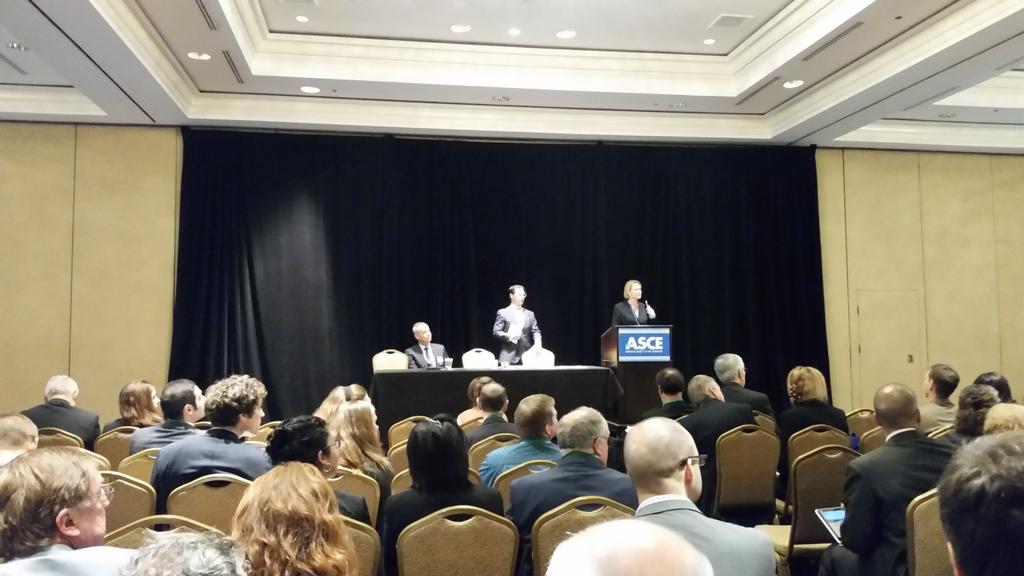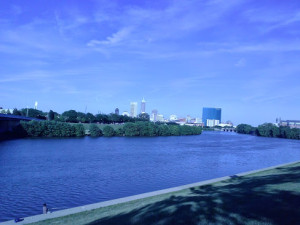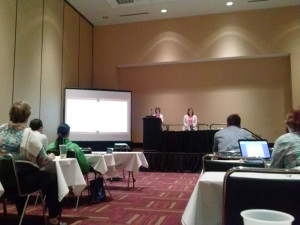From January 19-21st, Mallory Squier and Carli Flynn attended the first International Low Impact Development Conference hosted by ASCE. This conference provides an opportunity for leaders in industry, policy and research realms to discuss continuing developments related to LID and green infrastructure.

Mallory presented recent results on water flows for various storm data collected from the OnCenter green roof. Several other research projects focused on green roof monitoring data, so it was a great opportunity to connect with other research groups in the LID/GI community.

Carli presented some of the theoretical background on how diffusion theories relate to GI adoption, as well as some recent survey work from the Cleveland GI Summit.

This was an excellent conference that we will look forward to attending again in future years!






